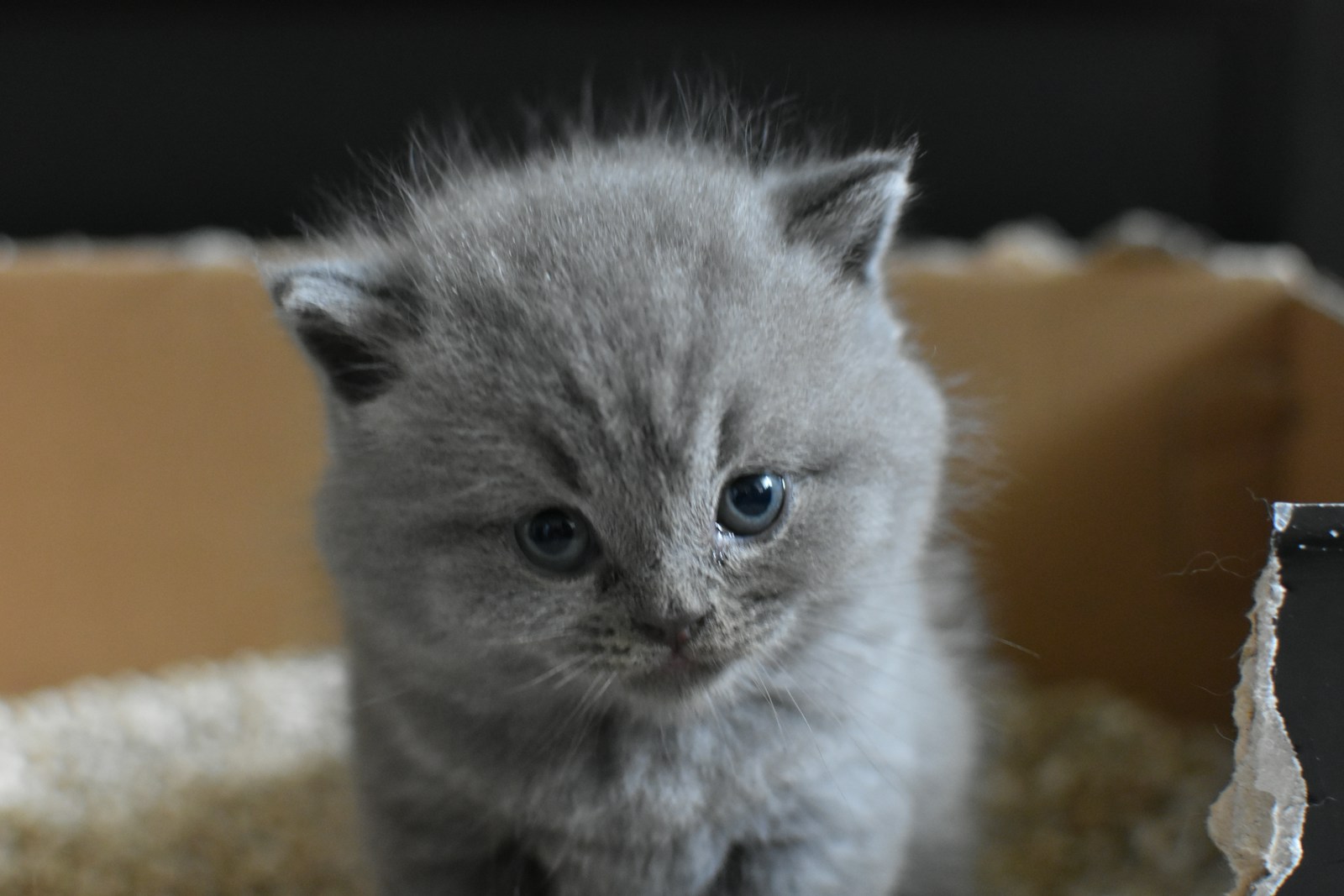Cats are known for their quirky behaviors, but finding your cat sleeping in the litter box can be particularly puzzling and concerning. While this behavior is not typical, it can occur for a variety of reasons, ranging from health issues to environmental factors or behavioral concerns. Understanding why your cat is choosing to sleep in the litter box is essential to addressing any underlying problems and ensuring your cat’s well-being. This article explores the potential reasons behind this behavior and offers guidance on how to help your cat find a more appropriate place to rest.
1. Health Issues
One of the most common reasons a cat might start sleeping in the litter box is due to health problems, particularly those related to the urinary or digestive systems. Conditions such as urinary tract infections (UTIs), bladder stones, or constipation can cause discomfort, leading your cat to associate the litter box with a place of relief. If your cat is frequently in the litter box, even when not using it, this could be a sign of pain or discomfort when urinating or defecating.
Urinary Tract Infections (UTIs)
A UTI can cause frequent and painful urination, leading your cat to stay close to the litter box. Your cat may lie in the box because it feels the need to urinate frequently, even if it can’t, or because the box feels like a safe place when it’s in pain.
Bladder Stones or Crystals
Bladder stones or crystals can cause blockages or irritation in the urinary tract, which can be extremely painful. Cats with these conditions may spend more time in the litter box, associating it with the need to relieve the discomfort.
Constipation
Constipation can also lead to a cat spending more time in the litter box, as it struggles to pass stool. This can be particularly distressing for the cat, leading it to stay in the box longer than usual or even lie down to rest there.
If you suspect your cat’s behavior is linked to a health issue, it’s crucial to consult a veterinarian as soon as possible. These conditions can be serious and require prompt medical treatment.
2. Stress and Anxiety
Cats are highly sensitive animals, and changes in their environment or routine can lead to stress and anxiety. Sleeping in the litter box can be a sign that your cat is feeling insecure or overwhelmed. The litter box might represent a safe, enclosed space where your cat can retreat and feel protected.
Environmental Changes
Changes in the household, such as moving to a new home, introducing a new pet, or rearranging furniture, can all contribute to a cat’s stress levels. If your cat starts sleeping in the litter box after a significant change, it may be trying to cope with the unfamiliar situation.
Territorial Disputes
If you have multiple cats, one might sleep in the litter box to assert dominance or because it feels threatened by another cat. Territorial disputes can cause a cat to seek refuge in the litter box, especially if it feels that other areas of the home are no longer safe or accessible.
Litter Box Preferences
Sometimes, the litter box itself might feel like the safest place in the house to a stressed cat. If the box is in a quiet, secluded area, your cat might choose it over more exposed or noisy locations.
To help reduce your cat’s stress, try to identify and address the source of anxiety. Providing plenty of hiding spots, vertical spaces, and engaging in regular playtime can help your cat feel more secure and reduce the likelihood of it sleeping in the litter box.
3. Territorial Marking
In some cases, a cat might sleep in the litter box as a form of territorial marking. Cats use scent to mark their territory, and by spending more time in the litter box, your cat may be trying to assert its dominance over that area. This behavior can occur in multi-cat households where one cat feels the need to reinforce its presence.
Dominance Assertion
If your cat feels that its territory is being encroached upon by another cat or even a dog, it might spend more time in the litter box to establish dominance. Sleeping in the box could be your cat’s way of claiming it as its own and discouraging other pets from using it.
Response to a New Pet
Introducing a new pet into the household can trigger territorial behavior in cats. If your cat begins sleeping in the litter box after a new pet arrives, it might be trying to reclaim its territory or assert itself in the new social hierarchy.
If territorial marking is the issue, providing each cat with its own litter box, as well as separate feeding and sleeping areas, can help reduce tension and encourage more harmonious behavior.
4. Inappropriate Litter Box Conditions
Sometimes, a cat’s decision to sleep in the litter box is related to the box’s condition. Cats are particular about cleanliness, and if the litter box is not maintained properly, your cat might start spending more time in it as a way of dealing with the situation.
Dirty Litter Box
If the litter box is dirty, your cat might be reluctant to use it for its intended purpose but still feel compelled to stay near it. In such cases, the cat might choose to lie down in the box as a way of indicating discomfort or displeasure with the state of the box.
Litter Type and Texture
Cats can be very particular about the type of litter used. If the litter is too rough, scented, or otherwise uncomfortable, your cat might avoid using it for elimination but still sleep in the box because it’s familiar territory.
Box Size and Placement
A litter box that is too small or placed in an inconvenient location can also lead to unusual behavior. If your cat doesn’t feel comfortable using the box due to its size or location, it might start sleeping in it instead.
Ensuring that the litter box is clean, appropriately sized, and located in a quiet, accessible area can help encourage your cat to use it properly and stop sleeping in it.
5. A Preference for Enclosed Spaces
Cats often seek out enclosed spaces for rest and relaxation. If your cat’s litter box is located in a quiet, secluded area, it might choose to sleep there simply because it feels safe and secure. Cats naturally gravitate toward spaces where they can feel hidden and protected, and the litter box might meet these criteria better than other areas of your home.
Creating Alternative Safe Spaces
If your cat is sleeping in the litter box for security, consider providing alternative enclosed spaces. A covered cat bed, a box with a soft blanket, or even a cozy nook can offer a more appropriate place for your cat to rest. By providing multiple secure and comfortable options, you can gently encourage your cat to sleep outside the litter box.
Conclusion
When a cat starts sleeping in the litter box, it’s important to observe the behavior closely and consider the possible reasons behind it. Whether it’s due to health issues, stress, territorial behavior, or environmental factors, understanding the cause can help you take the necessary steps to address the problem.
If health issues are suspected, consulting a veterinarian is crucial to ensure your cat’s well-being. For behavioral or environmental causes, making adjustments to your cat’s living conditions, providing alternative safe spaces, and reducing stressors can help resolve the issue. By paying attention to your cat’s needs and behavior, you can help create a comfortable and healthy environment where your cat feels safe and secure.




